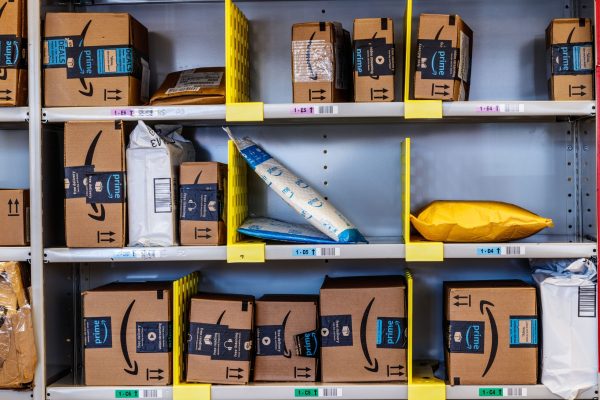Expanding your e-commerce business globally can be a lucrative opportunity for growth. However, it also comes with unique fulfilment challenges. To ensure a successful international e-commerce fulfilment strategy, here are some key considerations to keep in mind:
- Understand local regulations:
When shipping products globally, it’s crucial to understand the regulations and compliance requirements for each country. Each country has its own set of import/export rules, taxes, and tariffs that must be followed to avoid delays, penalties, or even legal repercussions. It’s important to research and comply with all relevant regulations to ensure that your products can be shipped smoothly.
- Partner with local providers:
Working with local fulfilment providers can help you navigate local regulations, reduce shipping times and costs, and provide a better customer experience. Local providers have a better understanding of local markets, shipping regulations, and customs clearance processes, which can help you avoid delays and ensure compliance with local laws. They can also offer services like local warehousing and returns management, which can help you provide faster and more efficient service to your customers.
- Optimize your logistics:
When shipping products globally, it’s important to optimize your logistics to ensure timely and cost-effective delivery to your customers. This may involve finding the most cost-effective shipping methods, minimizing transit times, and working with local carriers to reduce shipping costs. It’s also important to consider customs clearance processes and documentation requirements, which can impact delivery times and costs.
- Adapt to local preferences:
Customer preferences for packaging, payment methods, and shipping options can vary widely by region. It’s important to adapt your fulfilment strategy to meet local preferences and expectations. For example, some markets may prefer eco-friendly packaging, while others may prefer faster shipping options. It’s also important to offer local currency pricing and payment options that are popular in each market.
- Monitor performance:
Regularly tracking your fulfilment metrics across different regions can help you identify areas for improvement and make data-driven decisions about your global fulfilment strategy. Key metrics to track include shipping times, delivery success rates, customs clearance times, and return rates. This data can help you identify trends and areas for improvement, which can ultimately improve your overall customer experience and business success.
Expanding your e-commerce business globally can be a great opportunity for growth, but it’s important to understand the unique fulfilment challenges that come with it. Sprint Logistics can help expand your business by helping you reach global marketplaces (UK, EU, USA etc). By partnering with Sprint Logistics, understanding local regulations, adapting to local preferences, and monitoring performance, you can create a successful global e-commerce fulfilment strategy that meets the needs of your customers and drives business growth.




